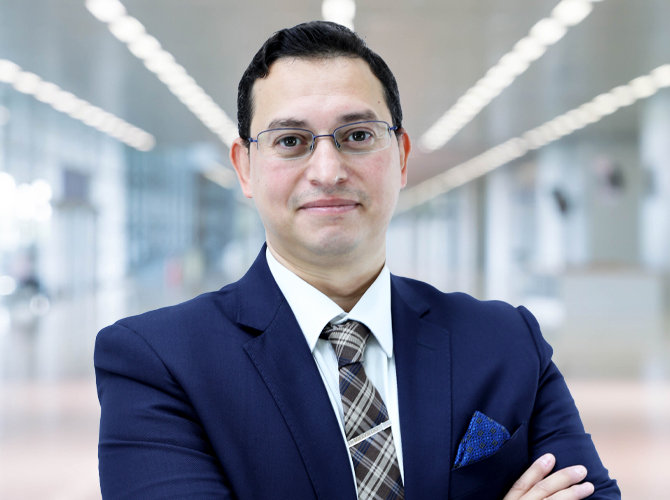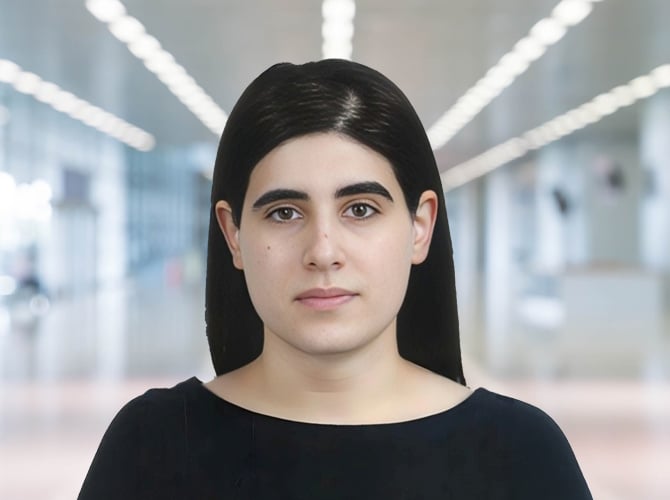Intellectual Disability
Intellectual Disability
Understanding. Supporting. Helping Every Child Learn at Their Own Pace.

At KidsHeart Medical Center, we support children whose learning and problem-solving skills develop more slowly than expected, and we support the families walking alongside them. A common misconception is that intellectual disability is just a limitation on intelligence as assessed by a simple IQ test. An IQ test is only one piece of information. Some people have an average or above-average IQ but have trouble with other abilities necessary for everyday life.
Other people have lower-than-average IQs but also have skills and abilities that are strong enough that they don’t meet the criteria for intellectual disability, or they meet criteria for a milder form of intellectual disability than an IQ test indicates.
Intellectual Disability (ID) affects how a child thinks, reasons, communicates, and manages daily tasks. It’s not about limitations — it’s about providing the right support, at the right time, in the right way.
Our child psychology and developmental teams offer clear assessments and educational guidance in Abu Dhabi, Dubai, and Al Ain.

What Is Intellectual Disability?
Intellectual Disability is a neurodevelopmental condition marked by:
- Delayed or slowed learning of any kind (such as in school or from real-life experiences).
- Slowed reading speed.
- Difficulties with reasoning and logic.
- Problems with judgment and critical thinking.
- Trouble using problem-solving and planning abilities.
- Distractibility and difficulty focusing.
Prebirth causes or contributing factors include, but aren’t limited to, the following:
- Genetics and inheritance. Many conditions that cause intellectual disability happen because of genetic mutations.
- Infections. Some infections — like toxoplasmosis and rubella — can disrupt fetal development, resulting in conditions that can cause intellectual disability.
- Teratogens. These are substances that can disrupt fetal development. Examples include alcohol, tobacco, certain medications, radiation exposure, and more.
- Medical conditions. Having certain medical conditions while pregnant can cause developmental differences in a fetus. Those can later result in intellectual disability.
Causes that can happen during birth include:
- Lack of oxygen (hypoxia).
- Premature birth
- Other types of brain injury during birth.
Causes that can happen during early childhood include:
- Injuries or accidents. These can cause intellectual disability if they result in brain damage.
- Toxic exposures. Heavy metals like lead and mercury can damage your brain and cause intellectual disability.
- Infections. Common infections that spread to your nervous system can cause intellectual disability.
- Tumors or growths in the brain. This includes cancers and benign (noncancerous) growths.
- Medical conditions. Seizures and various types of epilepsy can cause brain damage. That can cause intellectual disability.
When Should You Seek Psychological Assessment?
Consider evaluation if your child:
- Struggles significantly with learning at school
- Takes longer to talk, walk, or master basic tasks
- Has difficulty following instructions or solving problems
- Seems socially behind peers
- Needs daily support for age-typical routines
- Has already received a school report or pediatric concern
Understanding where your child is helps us meet them there, with empathy and practical help.
How We Evaluate and Support Intellectual Disability
Here’s what our process includes:
- Comprehensive Developmental History: We explore early milestones, school reports, and family observations.
- Standardized Cognitive Testing: Age-appropriate tools help measure reasoning, memory, and learning abilities.
- Adaptive Functioning Review: We assess daily life skills like dressing, communication, and play.
- Feedback and Diagnosis (if applicable): We explain results clearly, with space for your questions and emotions.
- Educational and Therapy Planning: We help connect you to school accommodations, therapy referrals, and long-term planning.
Our focus is on real-life function, not just test scores.
Why Families Trust KidsHeart
- Licensed child psychologists with deep experience in cognitive testing
- Supportive feedback process for families navigating new diagnoses
- Clear link to speech therapy, special education, and occupational support
- Guidance on school placement, IEPs, and realistic expectations
- Clinics in Abu Dhabi, Dubai, and Al Ain
Because every child deserves to be understood — and every parent deserves guidance that’s calm and clear.
Have Questions About Your Child’s Learning? We’re Here to Look Closely and Kindly.
We provide a full assessment profile for all intellectual disabilities and maladaptive Behaviour, with a clinical report and intervention programs, for all developmental phases.
If your child is struggling to keep up — or you’ve received a school concern — we can help clarify what’s going on.
Frequently Asked Questions (FAQs)
No. Intellectual disability affects overall cognition, while learning disabilities usually affect one area (like reading or math). More symptoms of Intellectual Disability:
- Slower social development.
- Little or no fear or apprehension of new people (lack of “stranger danger” behaviors).
- Needing help from parental figures or other caregivers with basic daily activities (bathing, using the bathroom, etc.) past the expected age.
- Difficulty learning how to do chores or other common tasks.
- Trouble understanding concepts like time management or money.
- Needing help managing healthcare appointments or medications.
- Trouble understanding social boundaries.
- Difficulty with or limited understanding of social interactions, including friendships and romantic relationships.
Some can, with the right support. Others thrive in specialized learning environments.
The diagnosis remains, but many children gain new skills and independence with the right interventions.
Yes, especially when delays are significant and consistent across areas.
Absolutely. Therapies help build communication, behavior, and daily life skills.








